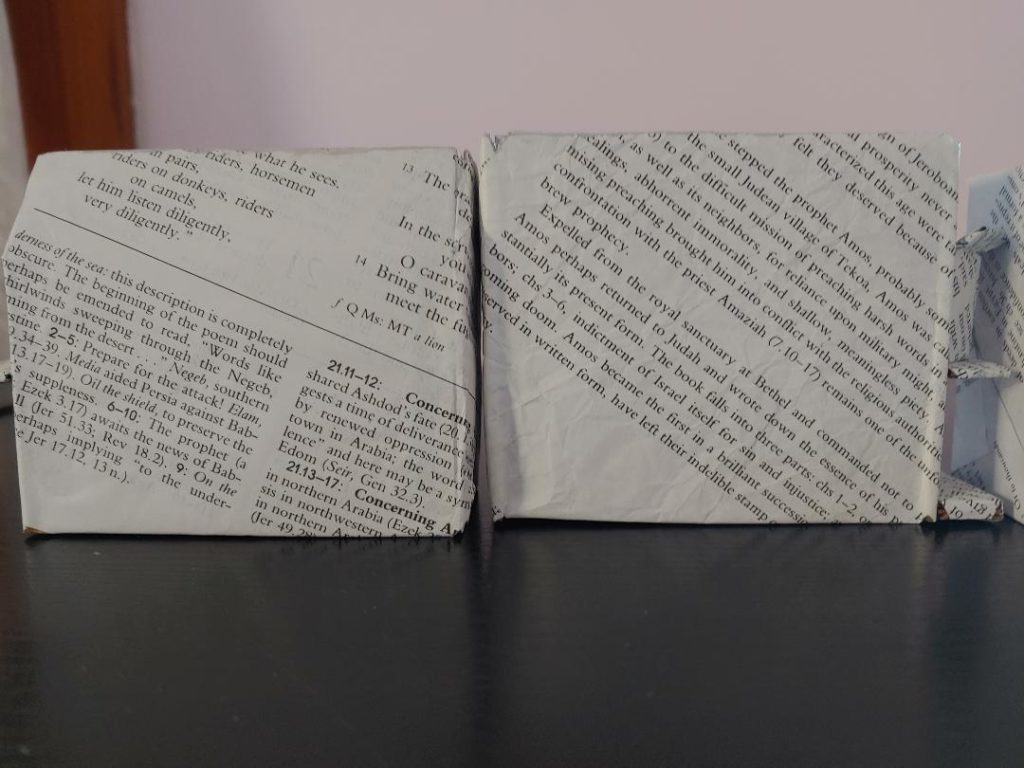
You can’t see it, but the wind is whipping around, carrying snowflakes sideways before they fall to the ground. I can see them fly, accompanied by the sound of my back porch chimes. But the snapshot, accurate depiction that it is, reveals none of these things. It’s beyond the scope of my camera’s ability. A single instance in time simply can’t offer the depth of the living reality that surrounds it.
I’m not surprised that a still shot can’t give me an immersive and expansive experience of today’s snowfall. Yet, I am sometimes tempted to reduce a person to a particular act or phase – surprised that the still shot of their lives that I’ve taken with my internal camera is just as limited as the one that took the picture above.
All those snowflakes, invisible in the photo, accumulate over time. Patterned by the wind and landscape, they cover the ground and transform the wintry world. All this from tiny flakes amassed over time.
If such is true of snowflakes, could it be less true of any of us? Our moments and years, invisible to my snapshot judgement, accumulate over time. Patterned by our internal and external landscapes, they form and transform us and the world in which we live.
Letting go of what doesn’t matter: The snapshot judgements I make.
Loving what does: The unique beauty of a life of accumulated experiences.







